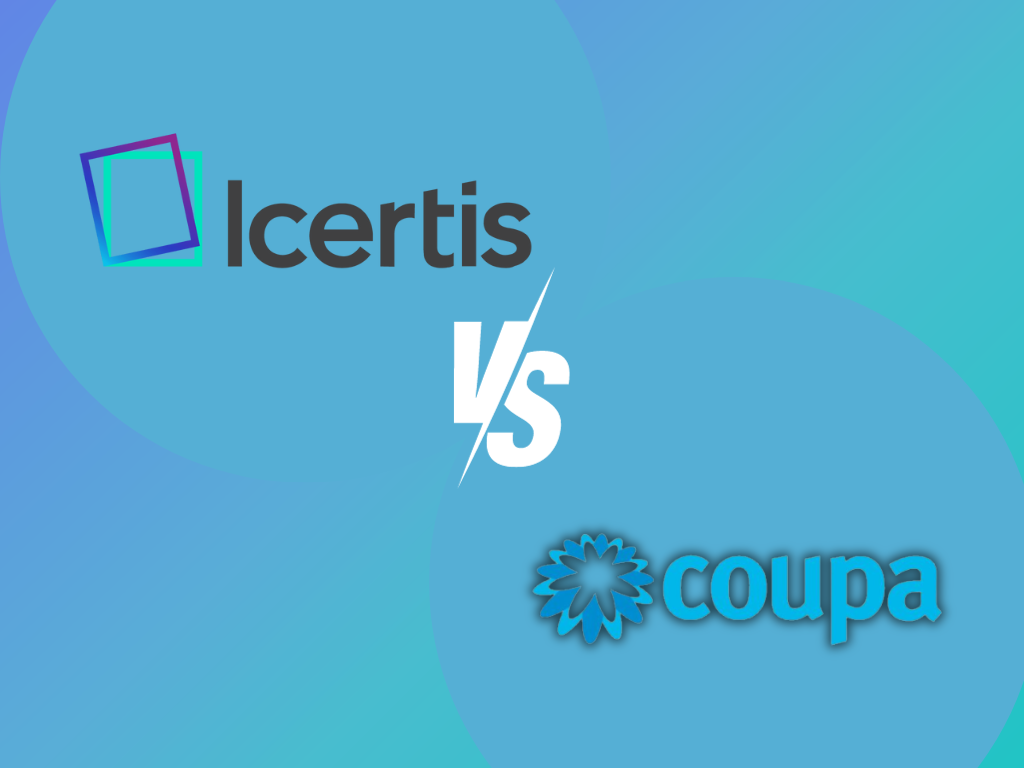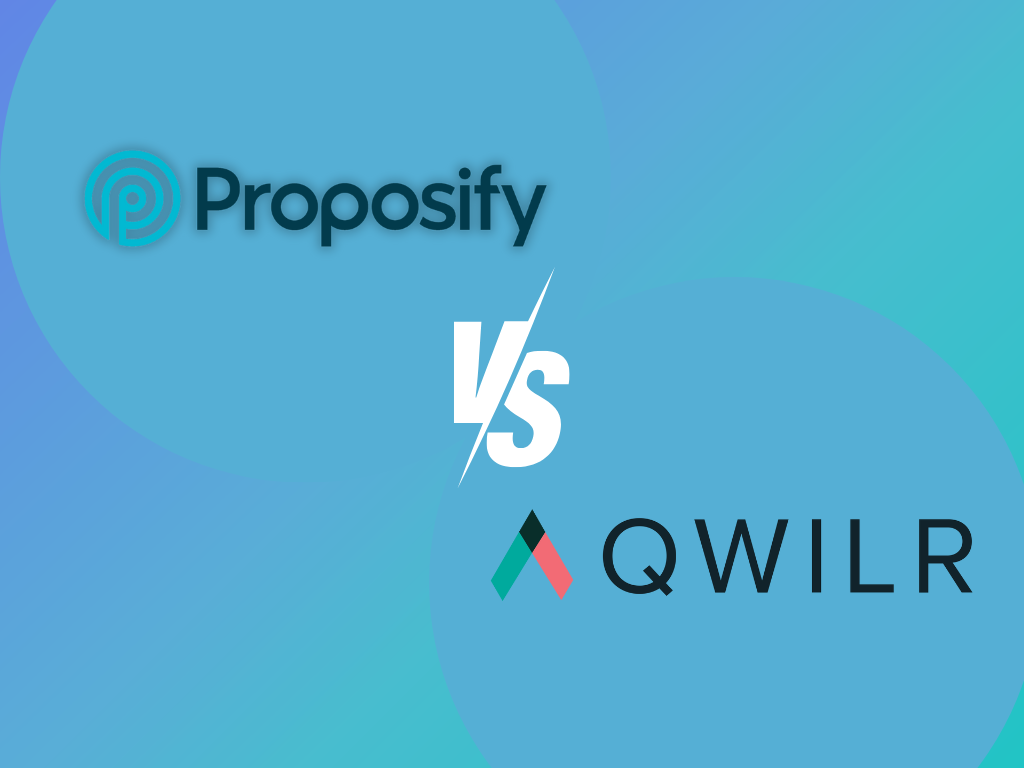A contract is the lifeblood of business transactions and day-to-day operations. People think they are all about legalese and fine print. But they are essentially indispensable in personal and professional aspects. For example, a contract between a lessor and a lessee stipulates each party’s rights and obligations for a commercial lease.
Managing contracts can be frustrating for legal, real estate, and finance companies, which require a lot of paperwork. Thankfully, cloud-based contract management platforms exist. They provide a variety of features and benefits, making contract management more effortless.
What Is a Contract Management Platform?
A contract management platform (CMP) is a software or web application designed to streamline and automate the contract management process. The platform provides a central repository for all contracts. It offers tools for managing the contract lifecycle, from negotiation and drafting through execution and renewal.
Using contract management solutions will:
- Improve the handling of contracts from different clients, vendors, and suppliers through its automated features.
- Enhance visibility of the contract’s status to identify potential issues before they become problems.
- Reduce the risk of entering contracts that may jeopardize the organization’s reputation.
Why Is a Cloud-Based Contract Management Platform Important in Your Workflow?
1. Automation of processes
In contract management, automation helps establish the process of drafting, signing, and managing contracts. Healthcare, manufacturing, and logistics greatly benefit from automation because they handle volumes of paperwork.
One of the significant benefits of automation is that it can help to improve efficiency and accuracy. For example, if a contract management platform is integrated with a Customer Relationship Management system, then data from the system can be automatically populated into the contract management platform. Your team doesn’t need to enter client details – one by one.
2. Data security
This is the process of protecting digital information from unauthorized access or theft. It is a crucial benefit when the organization uses a cloud-based contract management system because it ensures that confidential information is securely stored and only accessible to authorized users.
Data security is also critical for companies subject to stringent regulations, such as banking, healthcare, and pharmaceutical industries. Contract management in the cloud provides an extra layer of security by encrypting your data and storing it in a secure, off-site location.
3. Accessibility
Accessibility allows users to access the contract management platform from any location with an internet connection. It provides real-time updates on the status of contracts. As a result, users are always aware of the latest information. In addition, authorized team members can share documents and other files associated with contracts.
Construction companies often have multiple projects at different locations. Accessing contract information from anywhere is a huge advantage. Real estate firms often have customers all over the world, so collaborating on contracts remotely is essential.
4. Compliance
Compliance refers to the act of adhering to rules, regulations, or standards. Many industries are regulated by governments or other organizations, and they must comply with these rules to operate. For example, healthcare organizations must be compliant with HIPAA regulations to protect patient privacy.
A contract management platform can help organizations keep track of their compliance obligations and ensure they meet them. This can be a vital tool for avoiding penalties or other consequences of non-compliance.
5. Cost-savings
Operational costs are those associated with running the business daily. This includes everything from salaries and benefits to renting and utilities. When you move to the cloud, you can reduce these costs by streamlining processes and automating tasks.
For example, if you move your contract management to the cloud, you can eliminate the need for paper contracts, which can save on printing and storage costs. Set up automatic reminders for contract renewals easily. You don’t have to pay someone to track them manually.
In addition, cloud-based applications are often less expensive to maintain than on-premise ones since they’re typically hosted by the vendor and upgraded automatically. As a result, you can save on staffing and software maintenance costs.

Contract Management In The Cloud vs. Traditional Paper Method
The tools you use in the business have changed dramatically over the years. Cloud-based solutions have become more prevalent. They turn out to be more efficient than their traditional paper counterparts. The same is true for contract management.
A comparison table will walk you through cloud-based tools and paper methods for managing contracts.
| Cloud Contract Management | Traditional Method | |
| Version | Digital (printing is optional) | Physical |
| Storage | Not required | Required |
| Process | Automated | Manual |
| Affordability | Cost-efficient | Expensive |
| Security | Encryption and password protection | Lock and key in storage room |
| Management | Simpler and straightforward | Time-consuming |
Traditional method through physical copies of contracts may seem simpler and more straightforward. Still, on the contrary, it’s cumbersome and time-consuming. It’s also more susceptible to incorrect filing or misplaced documents.
With a cloud-based contract management solution, you can keep all your contracts in one central location, making them easier to manage and track. All documents are stored electronically. There’s no risk of losing critical documents.
Cloud-based solutions offer automated reminders and alerts. Your team is on top of the deadlines, renewals, and milestones. They can also generate real-time reports on your contracts’ status and identify improvement areas.
FAQs on Contract Management Platforms
If you’re considering switching to cloud-based contract management, you might have these questions in mind.
How do I choose the right CMP for my organization?
Once you understand the basics of a CMP, you can start evaluating which one is right for your organization. There are key factors to consider, including cost, features, scalability, and integrations.
- Cost is often the most significant consideration, so compare pricing plans from different vendors.
- Features are also important, as you’ll want to ensure the CMP you choose has all the bells and whistles your organization needs.
- Scalability is another critical factor, the CMP support features will sync with your organization’s growth over time.
- Finally, check out the integrations offered by each CMP – this will ensure that the platform plays nicely with all the other software your organization uses.
Do I need to be a technical expert to use a CMP?
No, you don’t need to be a technical expert to use a CMP. Many of our customers are non-technical users looking for an easy-to-use solution for managing their contracts. For example, our software Fill is designed to be user-friendly and intuitive, so you can get up and running quickly without needing any training.
How much does a cloud-based contract management platform cost?
The cost of a cloud-based contract management platform depends on the features and functionality you need.
For example, if you require complex workflow management and document automation, you’ll need to choose a more expensive option. However, you can find a less expensive solution if you just need basic contract management capabilities.
In general, prices for cloud-based contract management platforms range from $10 to $50 per month or more, with the most expensive options offering the most advanced features. Ultimately, the best way to determine the right price is to assess your needs and compare different platform options.
Are there any risks associated with using a CMP?
While working with a CMP can be fast and efficient, there are some risks associated with this contract management method. One risk is that it can be easy to overlook essential clauses or terms when using a template.
Another risk is that standard terms and conditions may not adequately address the specific needs of your business or project. Additionally, if you are unfamiliar with the law, you may inadvertently include illegal or unenforceable clauses.
As a result, it is essential to use caution when using a CMP and to consult with an experienced lawyer before finalizing any contract.

Fill: A Powerful Way to Manage Contracts
There’s no doubt that contract management is a complex and time-consuming process. From creating contracts to negotiating terms to managing renewals and amendments, it’s easy to see how things can quickly get out of hand. That’s where Fill comes in.
Fill is a robust contract management platform that can help you streamline the entire process from start to finish. Here’s what you can do:
- Send unlimited signature requests. Recipients are not required to have a Fill account to sign documents online.
- Create contracts with customizable templates in minutes. Choose from hundreds of templates in the library and save them in the main dashboard.
- Set deadlines for time-sensitive contracts and track them in real time with document logs and audit trails.
- Access all contracts across several devices, such as iOS, Android, Windows, and macOS.
- Use the biometric signer ID verification that requires signers to upload a valid ID and take a selfie to validate their identity before signing.
- Connect over 6,000 apps via Zapier with our developer API.
Simplify your contract management and workflow. Sign up for free today and explore the advanced features you can integrate with your favorite apps.




